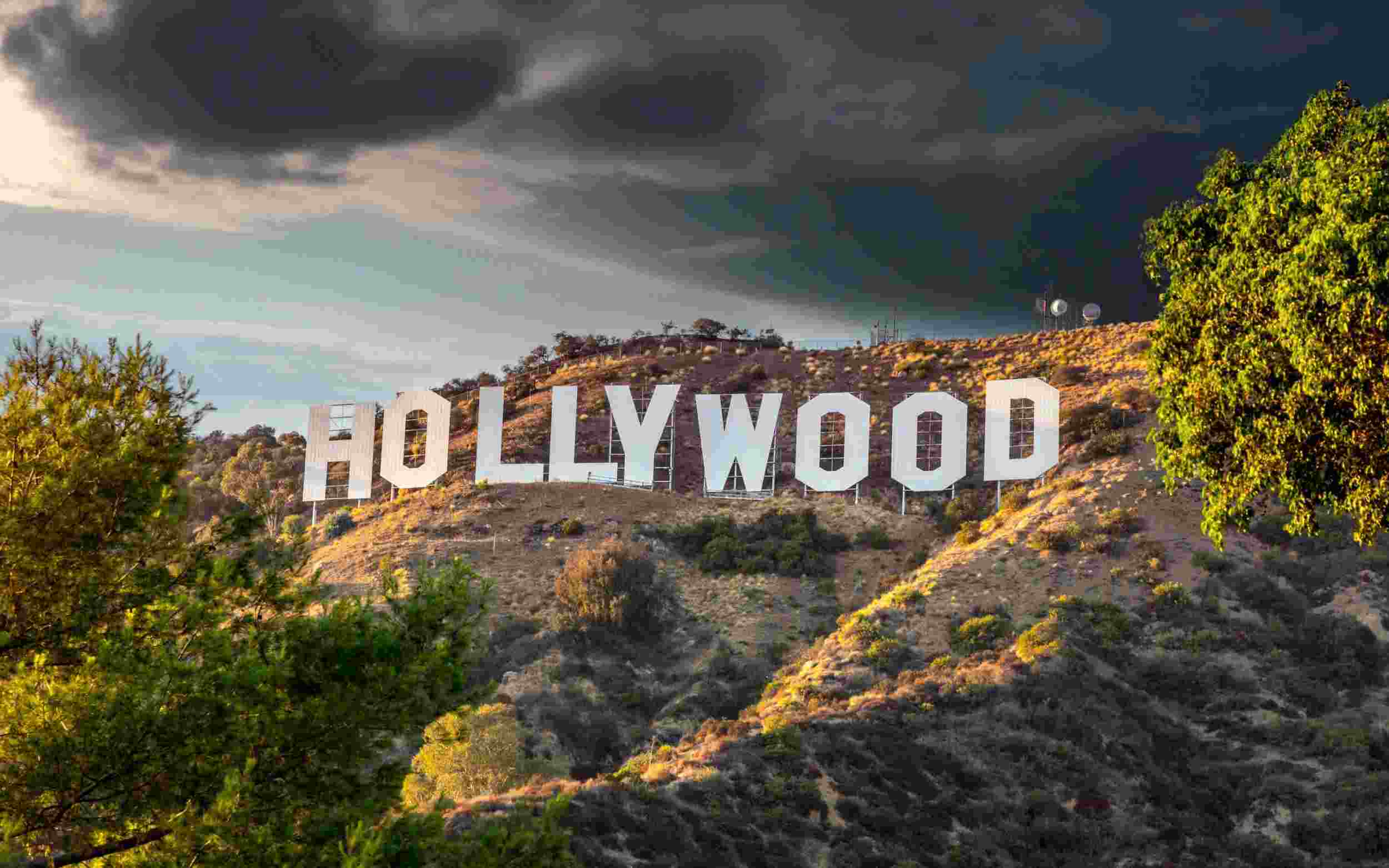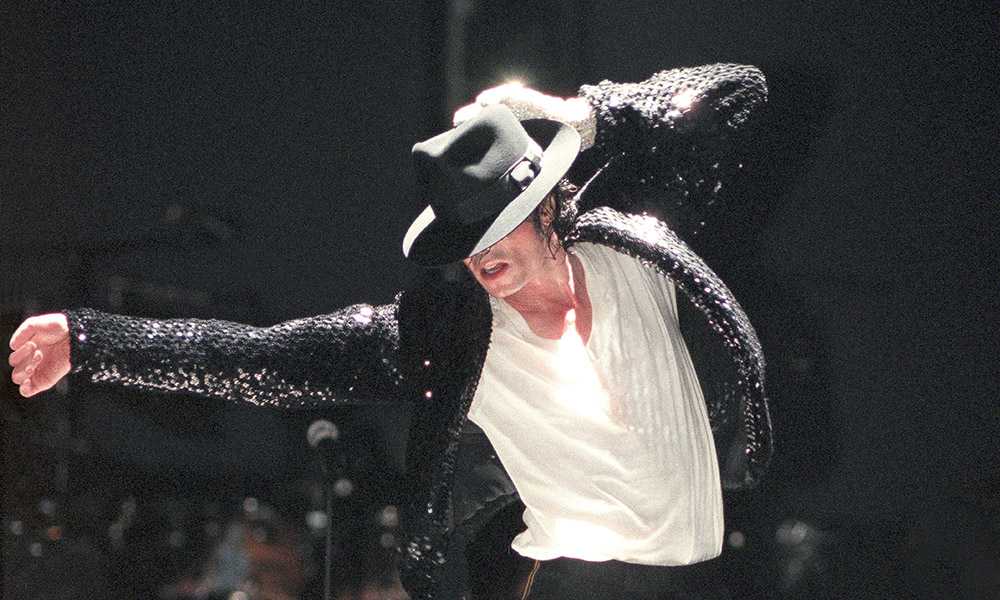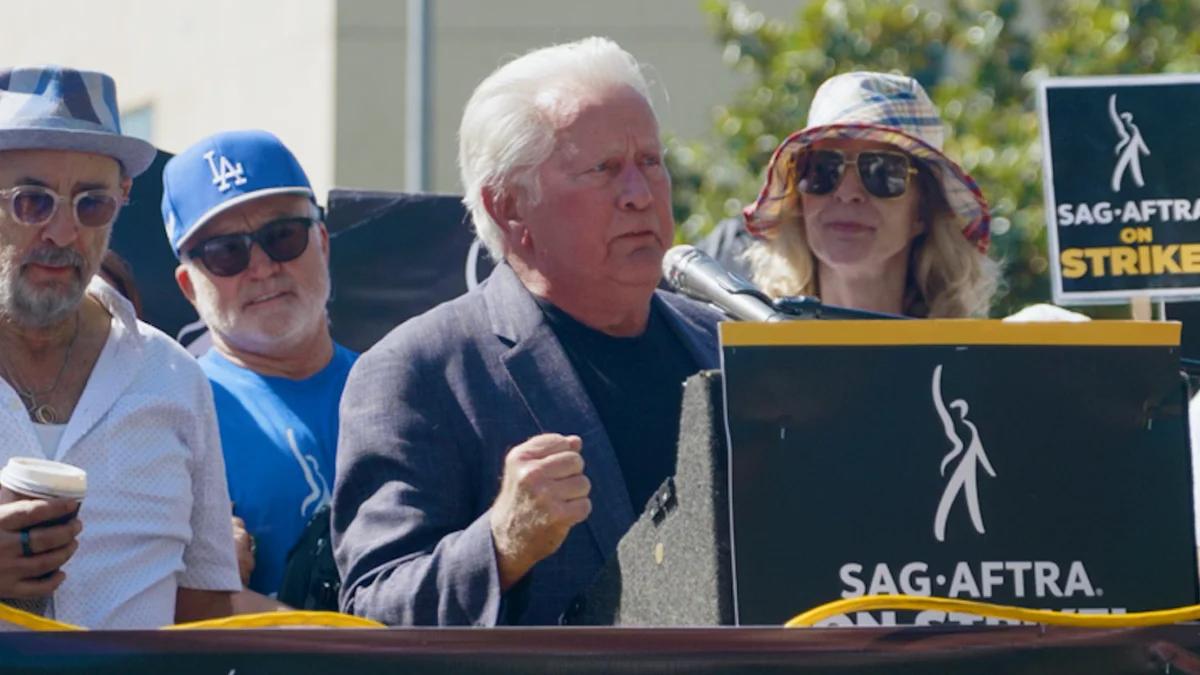Hollywood Boosts US Economy But Leaves California Behind
In recent times, Hollywood has been wielding its magic wand, not only entertaining audiences but also breathing new life into the US economy. With blockbusters like “Barbie” and “Oppenheimer” filling theaters, the movie industry has been instrumental in reigniting consumer spending and rejuvenating struggling movie chains. Yet, amidst this economic renaissance, a cloud looms over Hollywood’s home state of California due to ongoing strikes that threaten to dampen the benefits. This article explores how Hollywood is boosting the national economy while inadvertently missing out on its California haven.
Lights, Cameras, Action: Hollywood’s Economic Boost
Hollywood’s latest wave of cinematic wonders, spearheaded by the “Barbenheimer” phenomenon, has not only drawn crowds back to the theaters, but has also translated into a shot in the arm for the US economy. The allure of highly anticipated blockbusters like “Barbie” and “Oppenheimer” has led enthusiastic moviegoers to return for multiple viewings, providing a much-needed lifeline to movie chains still grappling with the aftermath of COVID-19 lockdowns. One major beneficiary of this resurgence is AMC Theatres, which achieved a historic milestone by raking in the highest single-week admissions revenue in its century-long history.
Box Office Triumphs and Economic Resurgence
Greta Gerwing’s “Barbie,” a cinematic marvel that crossed the $1 billion mark at the global box office within three weeks of its release, has become a beacon of Hollywood’s triumph. This wave of moviegoers and their willingness to spend has had a remarkable impact on the US economy, given that consumer spending accounts for a substantial 68% of the country’s GDP. This economic revival assumes even more significance against a backdrop of concerns regarding inflation and rising interest rates that have triggered apprehensions of an impending recession among investors.
California’s Dilemma: Hollywood’s Success Amidst Strikes
As Hollywood’s cinematic creations set the box office ablaze, an undercurrent of discontent is palpable within its own home state of California. The euphoria of economic resurgence has been considerably tempered by a 100-day strike led by writers and actors, which is inflicting significant damage on California’s economic landscape. With a combined strength of two unions – the Writers Guild of America and the actors’ union SAG-AFTRA – the strike is an impassioned response to the inequities in compensation arising from streaming platforms and concerns about the encroachment of AI into their professions.
Impact Beyond the Red Carpet
The repercussions of this strike are far-reaching, extending beyond the realm of writers and actors to encompass a multitude of industries that depend on the entertainment ecosystem. Local businesses, ranging from restaurants and catering companies to construction workers and dry cleaners, are grappling with the knock-on effects of the strike. Experts estimate that this strike has already dealt a staggering $3 billion blow to California’s economy, a figure that could escalate to $5 billion should the standoff persist into October.
In conclusion, while Hollywood’s dazzling productions bask in the limelight, the intricate tapestry of the entertainment industry reveals a dual narrative. Hollywood is indeed a potent driver of the US economy’s resurgence, as proven by box office triumphs and increased consumer spending. However, the shadows cast by ongoing strikes in California remind us that success often comes at a cost. The allure of Hollywood’s magic is undeniable, but as the curtain rises on its economic impact, we cannot overlook the struggles faced by the very industry that creates this enchantment.
Also Read: Disney’s Evolution Under Bob Iger’s Leadership Captures Hollywood’s Attention






















